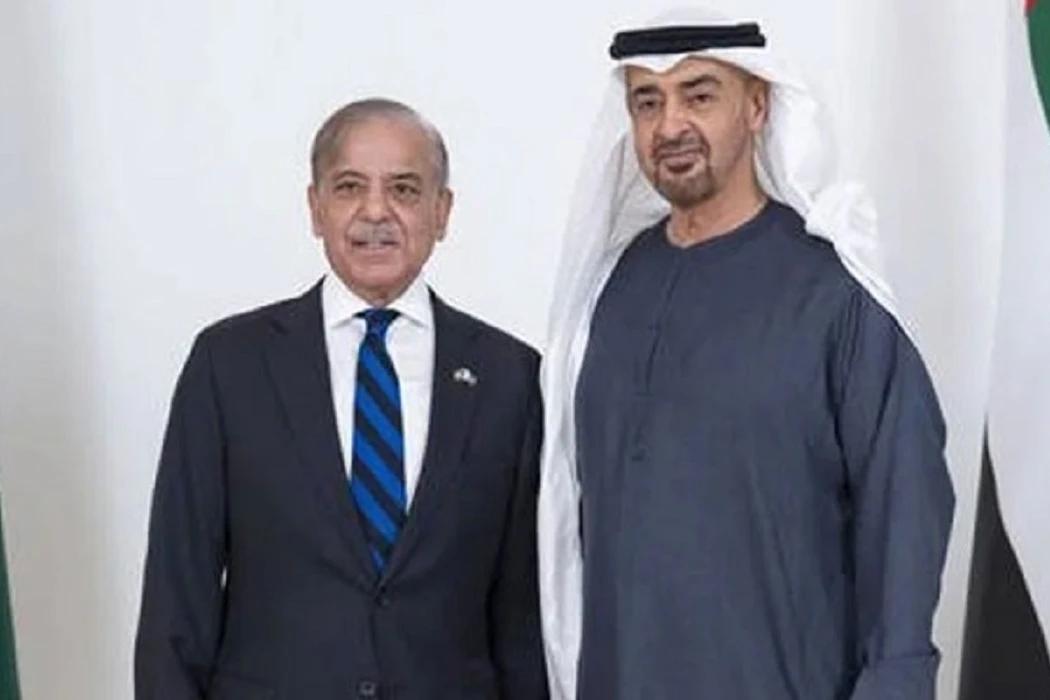Israel's parliament Tuesday failed to renew a law that bars Arab citizens from extending citizenship or residency rights to partners from the occupied West Bank and Gaza.

Israeli Prime Minister Naftali Bennett suffered defeat as lawmakers failed to extend a law.
The 59-59 vote, which came after an all-night session of the Knesset, marked a major setback for PM Naftali Bennett.
The new Israeli leader, who had hoped to find a compromise between his hard-line Yamina party and the dovish factions in his disparate coalition, instead suffered a stinging defeat in a vote he reportedly described as a referendum on the new government.
The vote means the law is now set to expire at midnight Tuesday.
The Citizenship and Entry into Israel Law was enacted as a temporary measure in 2003, at the height of the second intifada, or uprising, when Palestinians launched scores of deadly attacks inside Israel.
Under it, Arab citizens, who comprise a fifth of Israel's population, have had few if any avenues for bringing spouses from the West Bank and Gaza into Israel.
The law has been renewed annually and appeared to have the support of a large majority in parliament, which is dominated by hard-line nationalist parties. But former Prime Minister Benjamin Netanyahu's Likud Party and his allies decided to oppose it to embarrass Bennett and harm his coalition, which includes a small Arab party.
Bennett proposed a compromise with liberal members of the coalition that would have extended the law by six months while offering residency rights to some 1,600 Arab families, a fraction of those affected.
But the measure was defeated, in part because two Arab members of the coalition abstained.
The decision, however, gave some hope to Arab families that have been affected by the law. The law has created an array of difficulties for thousands of Palestinian families that span the war-drawn and largely invisible frontiers separating Israel from East Jerusalem, the West Bank and Gaza, territories it seized in the 1967 war that the Palestinians want for a future state.
Today, Israel allows more than 100,000 Palestinian workers from the West Bank to enter regularly.
Male spouses over the age of 35 and female spouses over the age of 25, as well as some humanitarian cases, can apply for the equivalent of a tourist permit, which must be regularly renewed.
The holders of such permits are ineligible for driver's licenses, public health insurance and most forms of employment. Palestinian spouses from Gaza have been completely banned since the militant Hamas group seized power there in 2007.
The law does not apply to the nearly 500,000 Jewish settlers who live in the West Bank, who have full Israeli citizenship. Under Israel's Law of Return, Jews who come to Israel from anywhere in the world are eligible for citizenship.
Israel's Arab minority has close familial ties to Palestinians in the West Bank and the Gaza Strip and largely identifies with their cause.
Arab citizens view the law as one of several forms of discrimination they face in a country that legally defines itself as a Jewish nation-state.
Palestinians who are unable to get permits but try to live with their spouses inside Israel are at risk of deportation.
Couples that move to the West Bank live under Israeli military occupation.
The citizenship law also applies to Jewish Israelis who marry Palestinians from the territories, but such unions are extremely rare.

How Gorilla Tag is weathering the VR winter
- 9 گھنٹے قبل

Trump discovers that the road to autocracy is lined with potholes
- 7 گھنٹے قبل

Government vows full medical care for PTI founder: Tariq Fazal Chaudhry
- 19 گھنٹے قبل

How to train yourself to enjoy winter
- 7 گھنٹے قبل

PM holds phone call with BNP leader Tarique Rahman, congratulates on election victory
- 16 گھنٹے قبل

Every little thing she does is magic
- 9 گھنٹے قبل

Zimbabwe shock Australia in first major upset of ICC T20 World Cup 2026
- 19 گھنٹے قبل

This $7,999 robot will fold (some of) your laundry
- 9 گھنٹے قبل

PM Shehbaz and UAE president reaffirm commitment to strengthen bilateral ties
- 17 گھنٹے قبل

Government decides to shift Imran Khan from Adiala to Islamabad jail
- 19 گھنٹے قبل

Aurora says it will ‘triple’ its driverless truck network
- ایک دن قبل

They backed Trump. Then Border Patrol arrested their neighbor. What now?
- 7 گھنٹے قبل





